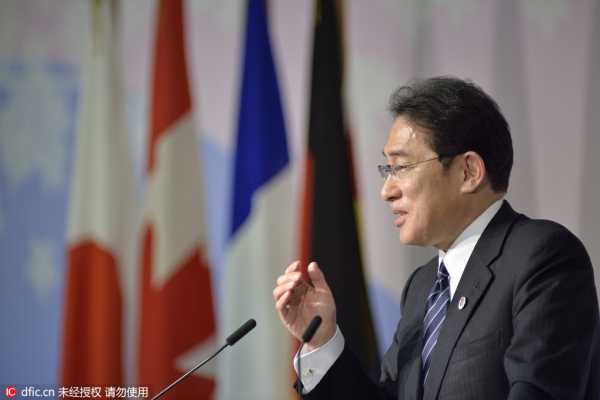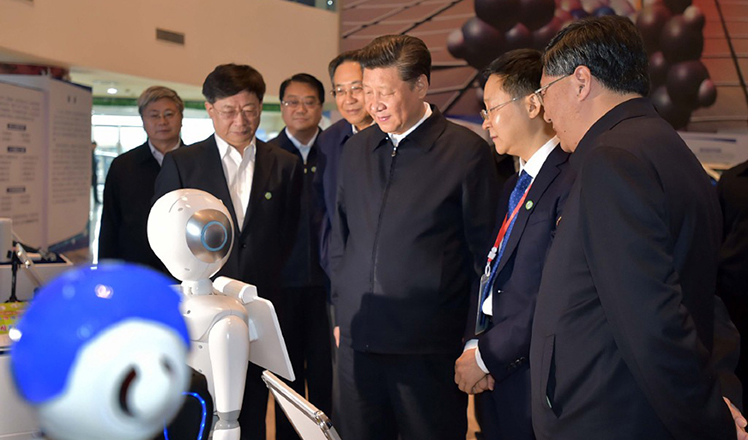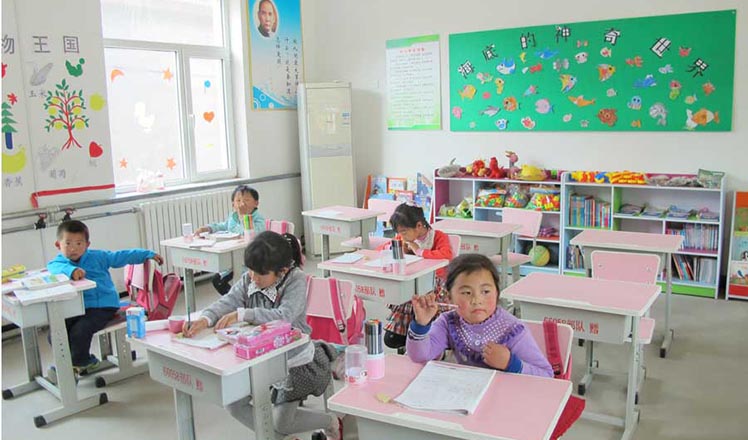Kishida's talks should eye crisis prevention
Updated: 2016-04-28 07:12
(China Daily)
|
||||||||
 |
|
Japanese Foreign Minister Fumio Kishida gestures during a press conference at the International Media Center in Hiroshima, Japan on April 11, 2016 after Foreign Ministers meeting of G7 countries visit the Peace Memorial Museum. [Photo/IC] |
As announced by Chinese Foreign Ministry spokeswoman Hua Chunying on Wednesday, Japanese Foreign Minister Fumio Kishida will finally make a three-day visit to Beijing tomorrow, a visit he and his government have eagerly anticipated.
This is understandable considering the strained bilateral ties and, more recently, the Tokyo-orchestrated G7 declaration on the East and South China seas.
Tokyo has appeared anxious for high-level exchanges, but it has a lot to clarify and explain to Beijing.
From Beijing's standpoint at least, Tokyo had eaten too many of its words previously. So many so that it hardly matters what it has to say this time.
The Shinzo Abe administration has a serious credibility problem in handling relations with neighboring countries, China in particular, so Beijing's frustration and disappointment is justifiable as well as understandable.
As both Beijing and Tokyo have admitted, however, the two countries are inescapable neighbors. Not to say they have grown too dependent on each other economically to pretend they can live well without dealing with the other.
Some may resist such a meeting at such a juncture, believing the atmosphere is simply not right.
Certainly there may not be anything substantive about a meeting like this. It will neither settle any dispute, nor bring any genuine rapport.
It has to be, will be, about damage control, about crisis prevention.
That is exactly why Japan's top diplomatic envoy is arriving in town tomorrow and planning to stay till Sunday.
Like his colleagues at home, Kishida may go back on his words soon after he returns from a China visit. We will not be surprised if such an episode reoccurs. But that should not be the reason for Beijing to shut its doors to him.
After all, he had just talked about establishing a new kind of bilateral relations "commensurate with the new times". It will be interesting to hear how he explains Tokyo's recent moves that were provocative to China. And it helps when Beijing has better knowledge about Tokyo's vision of bilateral ties.
Like it or not, Beijing and Tokyo have to communicate and coordinate on many thorny issues, of which the sanctions on Pyongyang is one.
And it does matter how China and Japan manage their relationship and if they get along well. Kishida was correct in putting that as the two countries' common responsibility.
- Japan's foreign minister to visit China
- Japan told to end indiscreet comments
- Sign of Japan's ambitions
- S.Korea urges Japan to face up to history after Abe's offerings to Yasukuni Shrine
- China urges Japan to stop hyping up maritime issues
- Japan's hijacking of G7 meeting to meddle in South China Sea issues unjustified, harmful
- G7 on wrong course following lead of Japan
- Iraqi parliament approves partial cabinet reshuffle
- S. Korea, US sign space cooperation agreement
- Chernobyl anniversary puts spotlight on nuclear safety
- Trump, Clinton widen leads in votings in northeastern states
- EU pledges 20 mln euros to nuclear safety fund
- DPRK seems set to launch Musudan ballistic missile

 Human-like robots say 'hi' to President Xi
Human-like robots say 'hi' to President Xi
 Animals turn savvy earners from entertainers
Animals turn savvy earners from entertainers
 Slackline walker conquers Tiger Jumping Gorge
Slackline walker conquers Tiger Jumping Gorge
 Top 6 domestic new-energy vehicles at Beijing auto show
Top 6 domestic new-energy vehicles at Beijing auto show
 30th anniversary of the Chernobyl nuclear disaster marked
30th anniversary of the Chernobyl nuclear disaster marked
 Shanghai unveils Disney-themed plane and station
Shanghai unveils Disney-themed plane and station
 Hebei's poverty-stricken village gets new look after Xi's visit
Hebei's poverty-stricken village gets new look after Xi's visit
 Cooks get creative with spring food exhibition in central China
Cooks get creative with spring food exhibition in central China
Most Viewed
Editor's Picks

|

|

|

|

|

|
Today's Top News
Liang avoids jail in shooting death
China's finance minister addresses ratings downgrade
Duke alumni visit Chinese Embassy
Marriott unlikely to top Anbang offer for Starwood: Observers
Chinese biopharma debuts on Nasdaq
What ends Jeb Bush's White House hopes
Investigation for Nicolas's campaign
Will US-ASEAN meeting be good for region?
US Weekly

|

|








